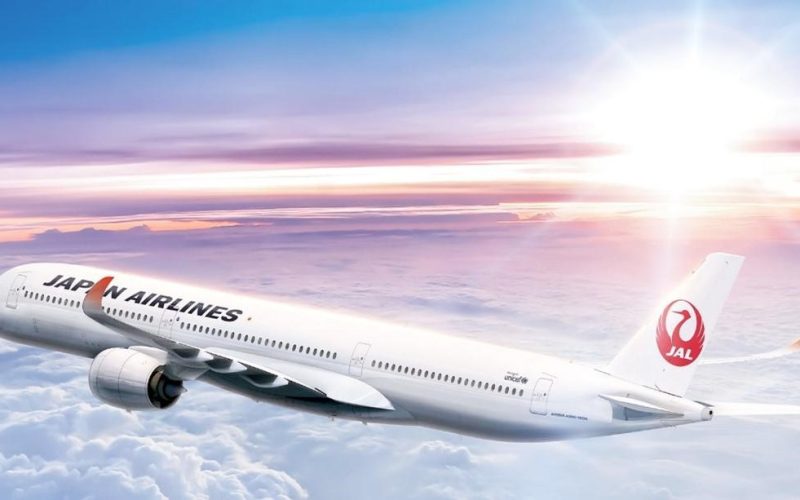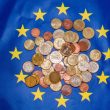Japan Airlines (JAL), ITOCHU Corporation, ENEOS Corporation, and a consortium of industry partners have concluded the first phase of a pilot project aimed at promoting the use of Sustainable Aviation Fuel (SAF) through Scope 3 environmental value trading. The demonstration, which ran from August 2024 to March 2025, tested a trading platform designed to incentivise SAF adoption and reduce aviation-related emissions.
The project enabled companies to trade the environmental value linked to SAF use, allowing those purchasing the credits to claim Scope 3 emission reductions in their supply chains. The system was independently evaluated by Nippon Kaiji Kyokai (ClassNK), which confirmed the platform’s transparency and reliability. Bilateral trades were completed during the test period.
Participating firms, including Narita International Airport Corporation, trialled the registration and exchange of environmental value tied to SAF consumption. The goal is to create economic incentives for SAF use while addressing industry-wide emissions.
The platform allows bio-based carbon reductions to be quantified and traded among stakeholders, with the carbon captured during plant growth locked into the SAF production process. The pilot also examined traceability—from SAF production through to its environmental benefit in use—highlighting its potential role in emissions reporting.
Project participants acknowledged operational lessons learned and areas for system refinement. Plans for Phase 2 include broadening participation, improving trading mechanisms, and integrating the system with wider sustainability targets.
Phase 2 is expected to begin later this year, with an emphasis on scaling the model to support SAF uptake across the aviation industry and encouraging broader engagement from airlines, fuel suppliers, and corporate customers aiming to meet net-zero commitments.
















